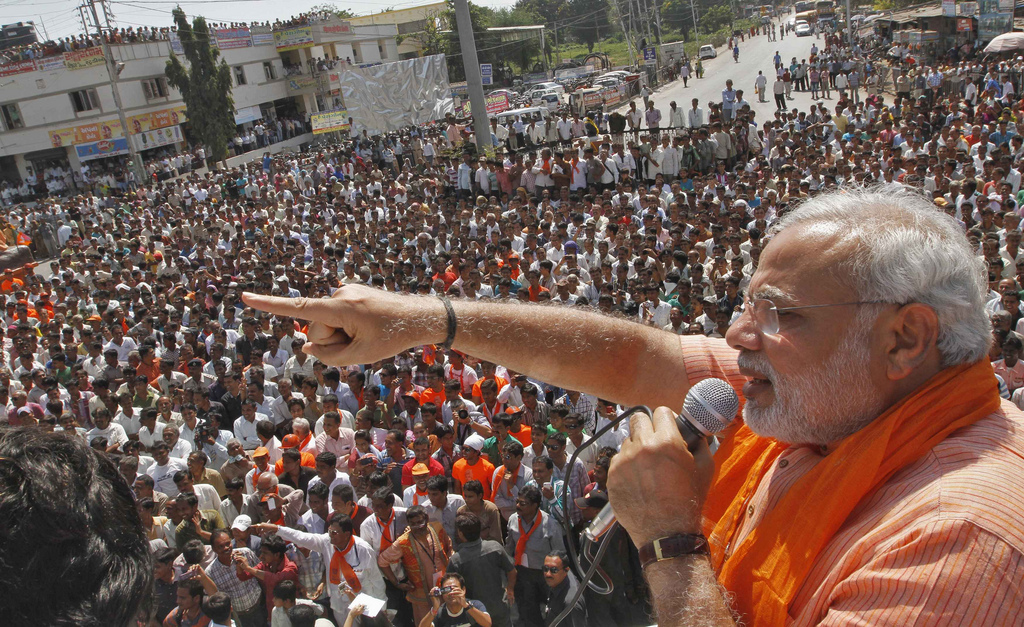Indians' Obsession in Being "Fair and Lovely"
Advertisements for the cosmetics brand “Fair and Lovely” are prevalent all over Indian marketing, be it television, or just signs on the street. Due to all this marketing, many Indians have fallen under the misconception that only the best are fair colored, and having darker skin makes you inferior to those with lighter skin.
These beliefs can be traced back to the origin of the caste system. Those who were considered “untouchables” at the bottom of the social pyramid were often the ones with darker skin, mostly the indigenous population of India, while the people of higher castes had fairer skin, and were often of European origin.
As time progressed, castes weren’t valued as much, but the skin misconception continued. This obsession remains, mostly among Indian women. The “Fair and Lovely” ads cater to the needs of women who have darker skin. In many of the commercials, the darker women are made fun of, then given the cosmetics, which lead to them getting fairer skin, and finally being considered beautiful now.
The ads portray the darker women as being plain and unattractive, and other negative stereotypes. These commercials give the false impression that only the fair are considered beautiful. Society has valued fairness so much, that even now hold women to a standard of fairness and sometimes even choose a wife based on this so-called standard of beauty. Girls are rejected and mocked simply due to their dark complexion, which is something that should not be tolerated. Ironically, the ad claims that the company has been “empowering women.” However, this couldn’t be farther from the truth!
These issues are displayed in the Hindi movie trailer of “Two States“. In the scene, (which is in Hindi) the parents of two lovers from different parts of India are meeting each other at a restaurant. The boy’s family comes from North India, while the girl is from South India. The boy’s mother makes fun of the South Indians, and how they are typically dark, as if being dark was a bad thing. These types of media portrayals need to stop in order to change the way fairness is conceptualized.
This contributes to another stereotype: Only South Indians are dark, therefore they are inferior to other Indians. Many times South Indians are mocked and made fun of, simply due to their appearance. It’s not justified to discriminate against someone simply based on their appearance.
I am a South Indian myself, but have fairer skin, and so am commonly mistaken for a North Indian. Some people continue to not believe, I am South Indian, and make a big deal about it, as if my ancestry was solely defined by my skin color!
The popular quote from Martin Luther King Jr. in his famous I Have a Dream Speech, “I have a dream that my four little children will one day live in a nation where they will not be judged by the color of their skin but by the content of their character.” is sadly applicable to the situation in India as well. People need to forgo this ignorant standard of equating fairness with positive traits and darkness with negative ones. Products like “Fair and Lovely” should have no place in modern society, where we are taught to appreciate everyone for their character and not just appearance.




